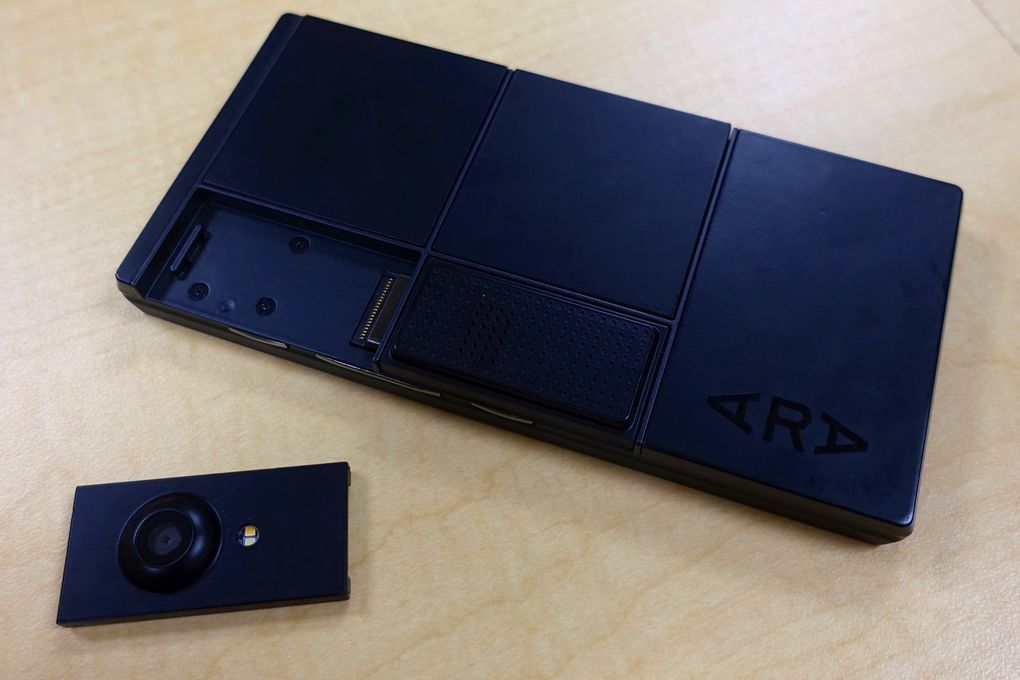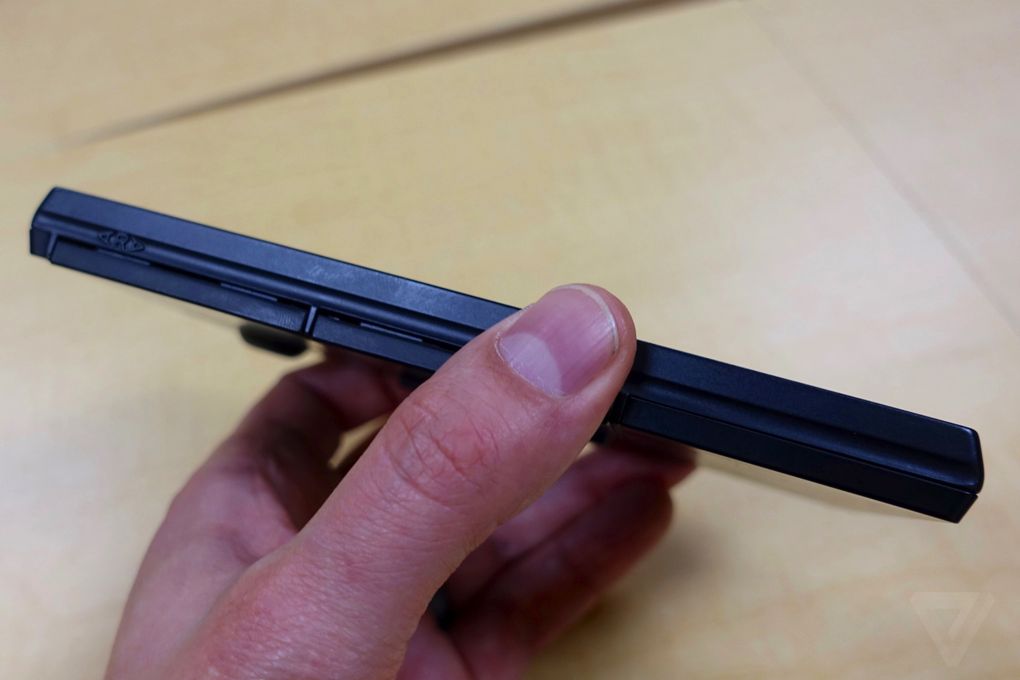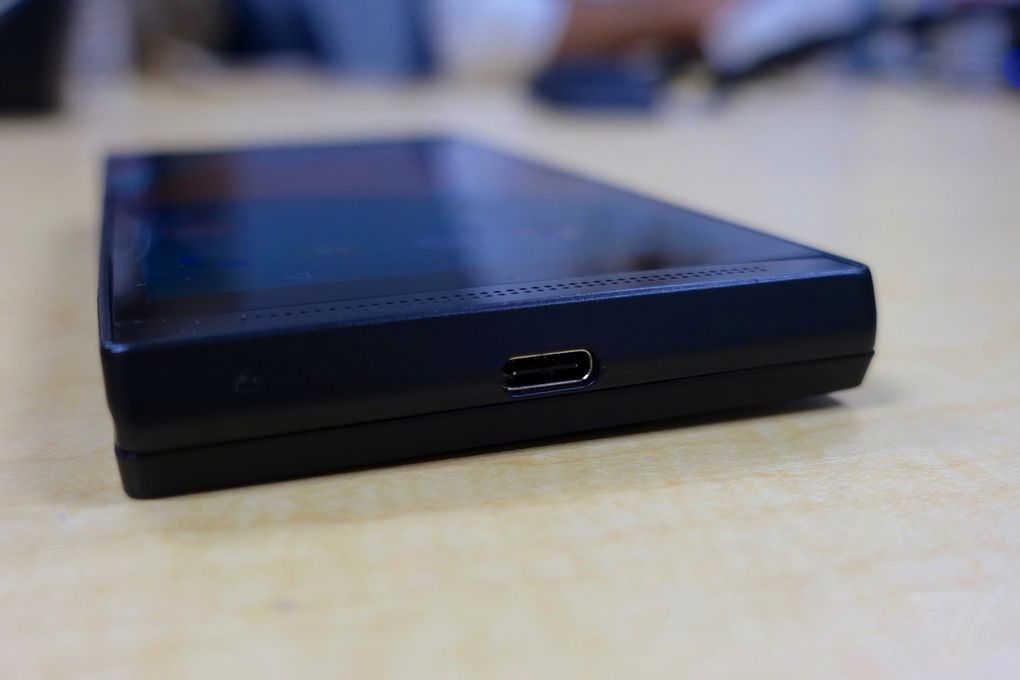Google stopped the development of a modular smartphone Project Ara

Project Ara - Google’s project to create a modular smartphone - has been suspended, Reuters reports, citing its sources. The main reason for this is the company's desire to concentrate its efforts in one direction.
The project was based on the idea of replaceable modules that are connected to the "base" in the image of the assembly of a personal computer. The user, depending on his needs, could collect the necessary configuration of the smartphone without being tied to specific models or brands.
According to the original idea, Ara should have replaced almost everything: the camera, the memory modules, the processor, the physical memory and other components that are now unplugged on the phone card and cannot be replaced.
')
Thus, if one of the modules was damaged or the user's needs increased, he would not have to change the whole apparatus.
Once the project was promising, but after several years of development, Google abandoned this idea. In addition to the redistribution of resources and efforts of the company (now Google is working on several fronts at once, for example, there are still Nexus and Chromebooks), it was stated that Project Ara is too expensive and complicated, and further work on it does not make sense.
It looks strange, because back in May, the project was more than alive , and the company's management said that Project Ara had been transferred from the advanced development department to the business unit. Already then it was said about launching the phone in Puerto Rico, but was postponed .
Then a working prototype was shown to one of the journalists of The Verge . True, many have seen alarmed. They refused to replace the processor, decoupling it to the base, and the device itself looked too cumbersome against the background of modern millimeter flagships:


Initially, Project Ara phones were planned to be released by mid-2015. But even a year later, in the summer of 2016, samples for developers were not ready. The timing of the main stages shifted. Now the project is stopped. It's unclear what problems Google has. Perhaps the mounting system of the modules was never brought to mind.
It is hoped that other companies that have taken part in the development of technologies for Ara will pick it up from Google and launch the project to the market without the support of the technology giant.
Source: https://habr.com/ru/post/397127/
All Articles